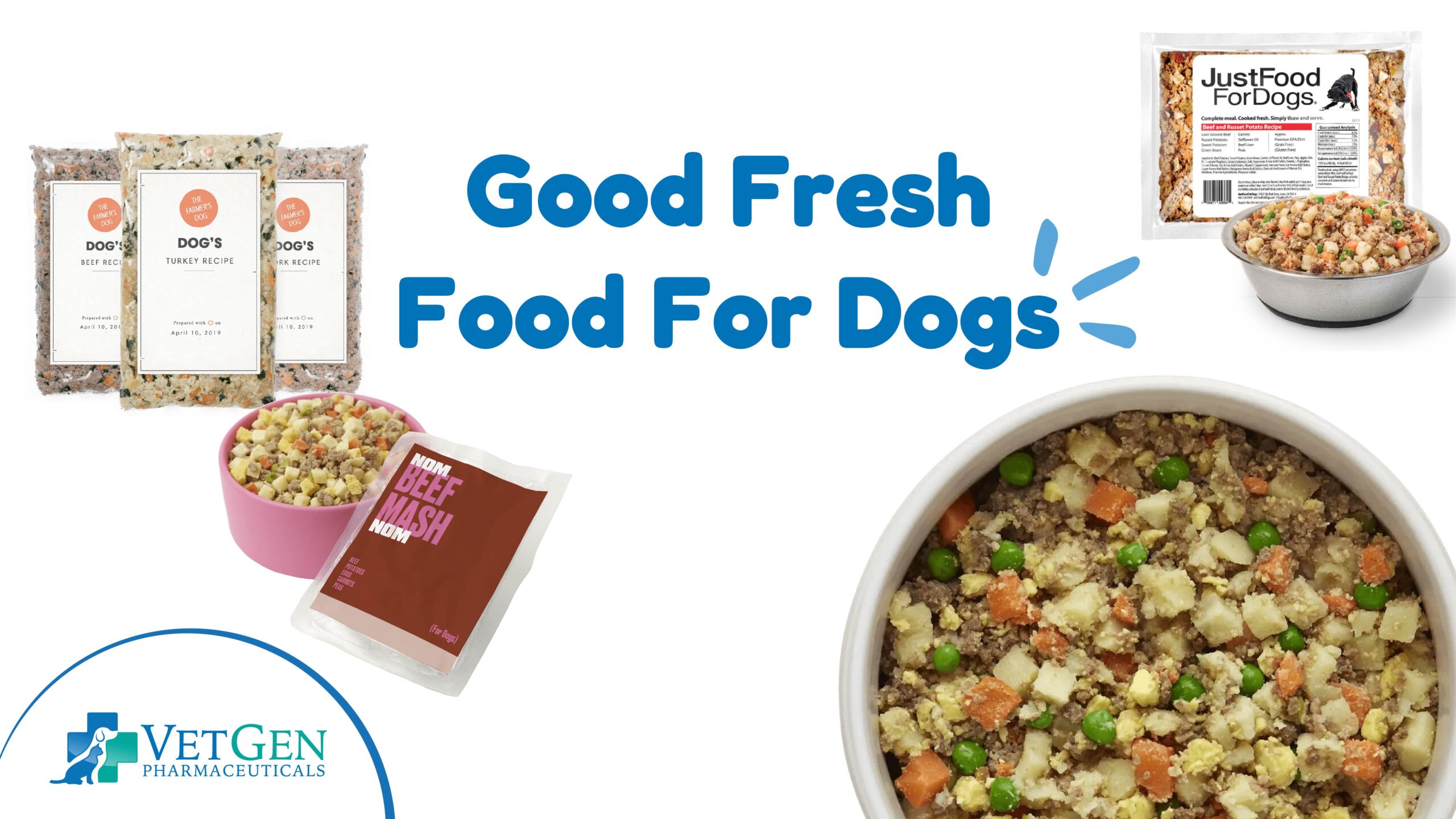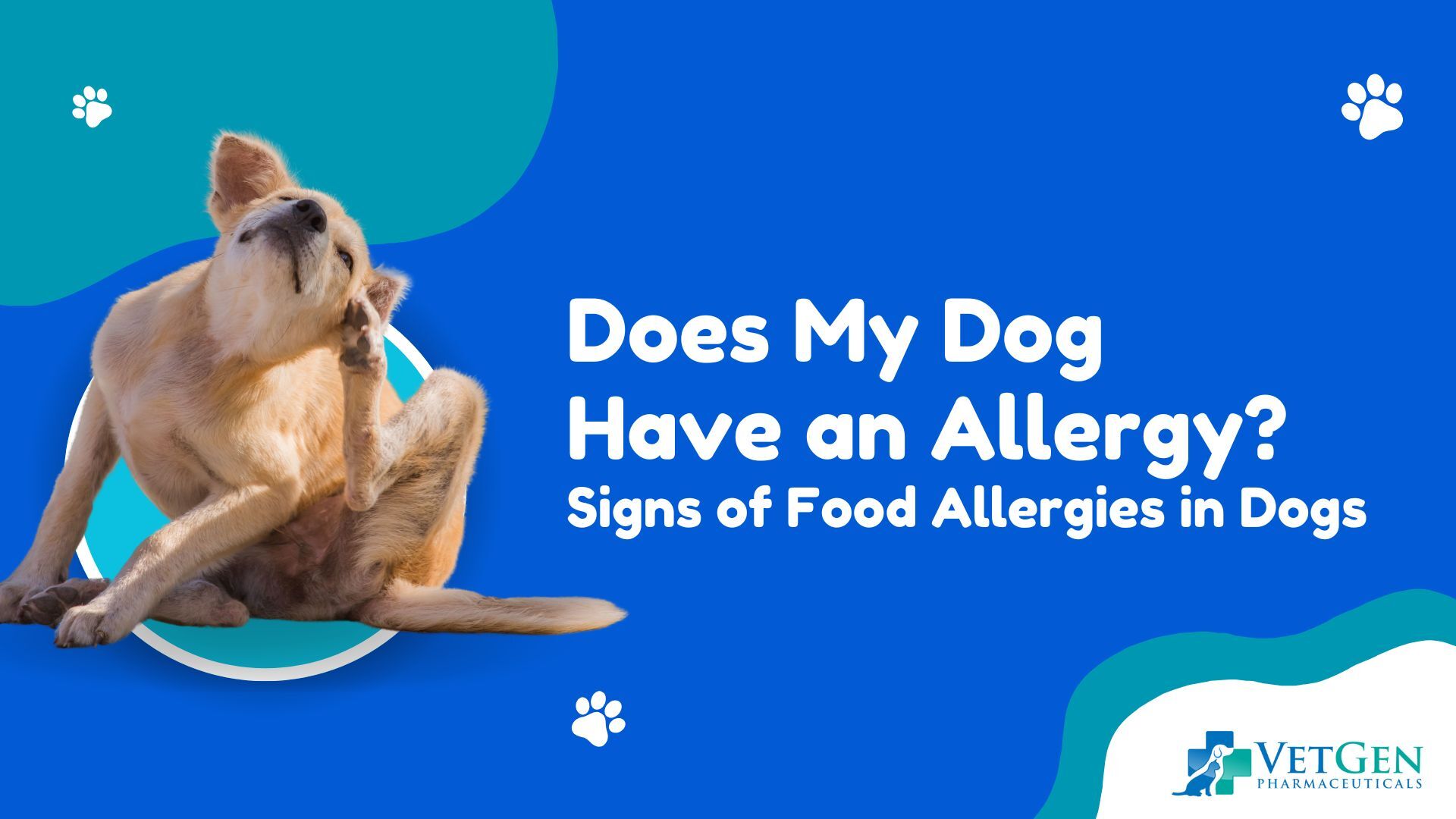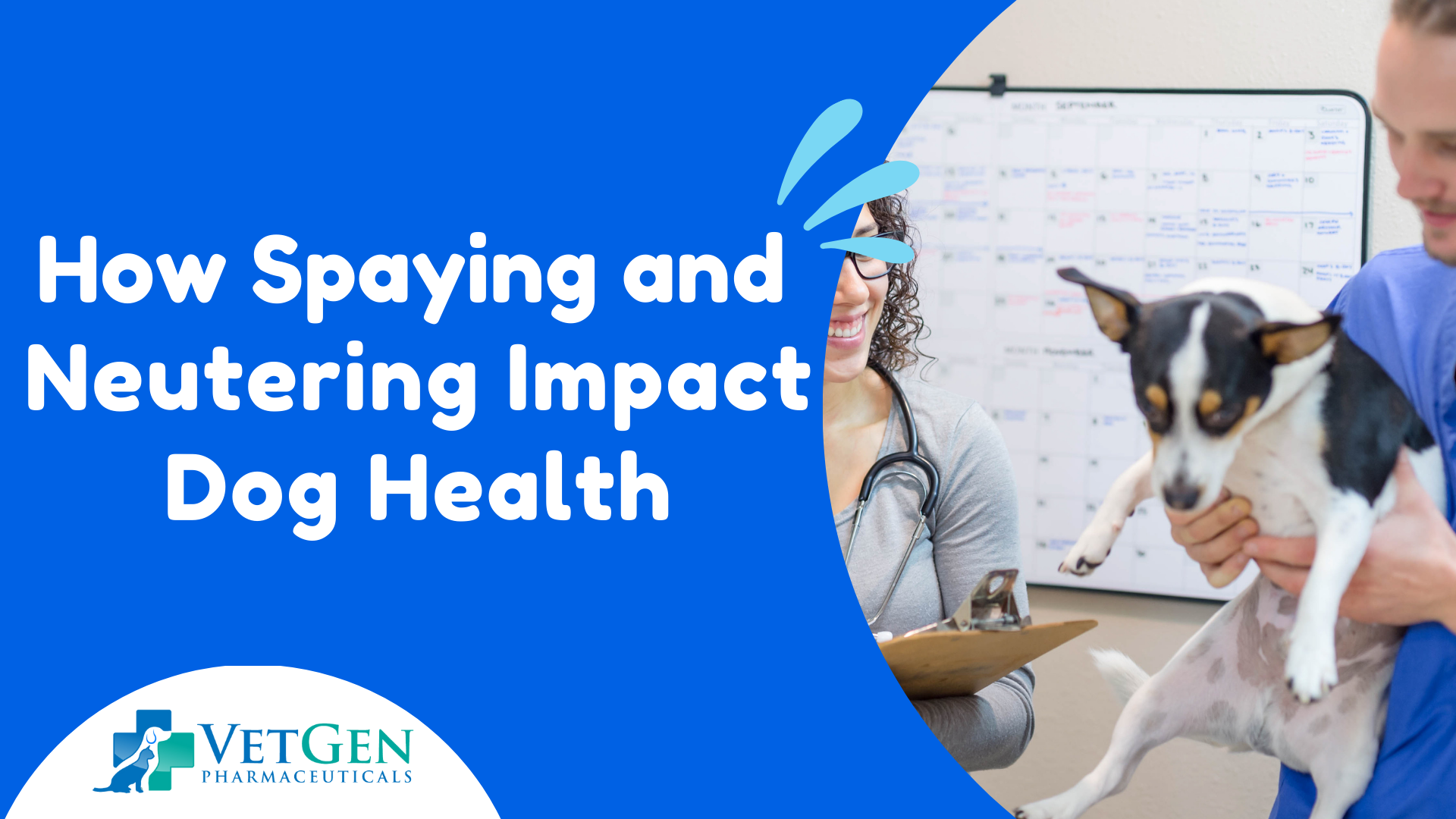Table of Contents
Many of the pets’ enthusiasts ask themselves what could be the most suitable choice of the fresh type product for pets. Here is a complete overview of fresh food for dogs including the advantages, scientific studies, and elements for this diet.
Not just a physical aid, hydrotherapy also lifts spirits, making it a holistic approach to wellness. Whether swimming or walking on an underwater treadmill, this water-based therapy is a fantastic way to improve a dog’s physical and mental health.
What is the best fresh food for dogs?
Indeed, when it comes to the best fresh food for dogs, there is no sweet universal solution. However, with quality ingredients, and proper formulation tasty and nutritious brands or recipes can easily be developed. Here are a few top picks:
- JustFoodForDogs Fresh Frozen Meals: This brand has many different foods that are lightly cooked and they come in grain inclusive and grain exclusive foods. Their meals are developed with the help of veterinary nutritionists and correspond to the highest standards of the industry.
- Nom Nom Fresh Dog Food: Nom Nom’s pre portioned meals are made from human-grade ingredients and dogs find it tasty with very minimal complaints. Their recipes are also designed for all life stages.
- The Farmer’s Dog Fresh Dog Food: The Farmer’s Dog is quite suitable for many customers because of the customization of portions and options free of grain.
Maternal note, always it is advisable to consult your veterinarian when making any drastic changes to the dietary habits of your dog.
Are fresh foods good for dogs?
Yes, fresh foods can be an excellent choice for dogs when prepared and balanced properly. Here are some key benefits of fresh food for dogs:
- Improved Palatability: They smell and taste better than stale food substances, giving fussy eaters more reasons to eat.
- Nutrient Retention: Raw and unprocessed diets are preferable to processed kibble because they preserve many of the beneficial nutrients required by your pet.
- Digestibility: Some dogs prefer cooked fresh foods since they do not upset their stomachs or damage their health in the same way that other foods do.
- Natural Ingredients: Natural unprocessed recipes using fresh, whole foods are minimally processed and free of preservatives and additives.
However, it is important to note that fresh foods might pose dangers if handled and kept improperly. Basic sanitary precautions such as appropriate food storage and timely disposal of previously served items are critical.
FAQs
1. Some of the foods that are completely acceptable for puppies include?
As a result, actual canines’ diets can readily include entire and lightly processed meat, veggies, and grains. Choose juicy, natural meals that are likely to be consumed by initiated people and are not contaminated with chemicals such as stabilizers and preservatives.
2. Which types of meals that may have glitter can be given to dogs?
The shiny vegetable substances, low fat meat, the cooked sprouts, fruits and the grain soothes the important health for the canine. You can begin swapping as a process and at any one time you only have to introduce a few foods at a time to disrupt your gut.
3. Should my dogs take fresh foods or are there certain products that they should not take?
Yes, fresh food can be a good replacement to kibble provided it is given to the dog in the cooked form. Real food eaten successively in a day is more beneficial, tasty, and digestible than processed shaped items of imitation in a kibble.
4. Funny question, is feeding your dogs fresh food actually quite normal and commonly practiced by many people?
Yes, fresh food can be a terrific replacement for the dog if it is properly prepared (cooked). Fresh foods consumed within a reasonable time frame are more nutritious, pleasant, and digestible than processed meat mimics and blocks of kibble.
5. Watching your dog’s diet, what are some good fresh foods that can be taken by dogs?
It is pertinent to note that there is a wide variety of fresh food brands both of extremely high quality that can be given to dogs. These manufacturers are then made up of different recipes that comprise whole, raw products.
6. What is the best, fresh dog food?
Essentially, fresh food for dogs refers to food that has not been processed; however, the best fresh food will differ depending on the dog’s needs and preferences. There are often multiple approaches you can take to get from point A to point B and to determine what’s the best approach, identify well-rounded, whole foods-based recipes commonly consumed by the species and talk to your vet.
Canine Health: Unlocking the Benefits of Fresh Food
Unadulterated food is wonderful in many ways with most of its pleasant attributes coming as a package deal and one of these is the nutrient density that fresh food provides for animals. In the preparation of feed, or kibble as it is commonly known, some of these nutrients that are so essential in the diet may be lost. Fresh food is truly what Nature packs with all the nutrients and the moment that they are consumed without undergoing processing they give the full benefit just as if Nature intended them to be consumed at that very moment.
It’s also important to remember that most dogs find fresh food appealing and is good for their canine health. Dogs are generally drawn towards texture, flavor, and the freshness of their meals. Fresh food can help your pet dog to smell and eat better – especially if they are extremely picky eaters!
While it’s hard to know what the very best thing might be, fresh food even has the advantage of supporting your pet’s digestion because of the variety of fresh ingredients it naturally contains. Most fresh food diets consist of highly digestible fresh ingredients so your pet can absorb important nutrients more easily.
It is unfortunate, but some problems that have come along with more fresh diets occurred when there was a lack of knowledge and regulation. Your pet’s health should be at the heart of your decision when choosing the best option of fresh food, and making sure it fits within the feeding guidelines devised by pet food regulating agencies, like the AAFCO (Association of American Feed Control Officials).








